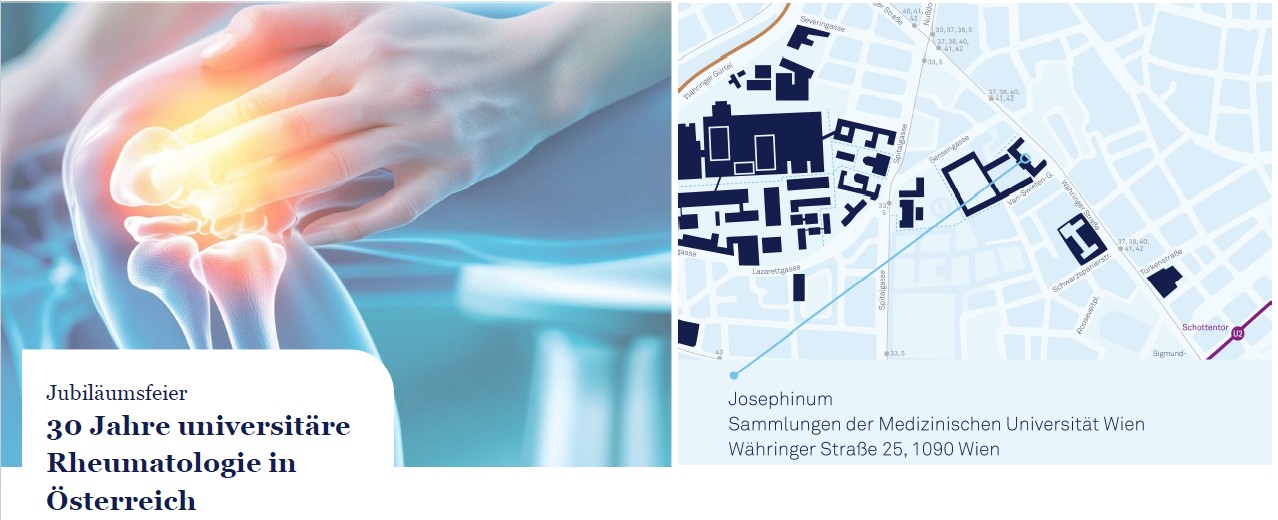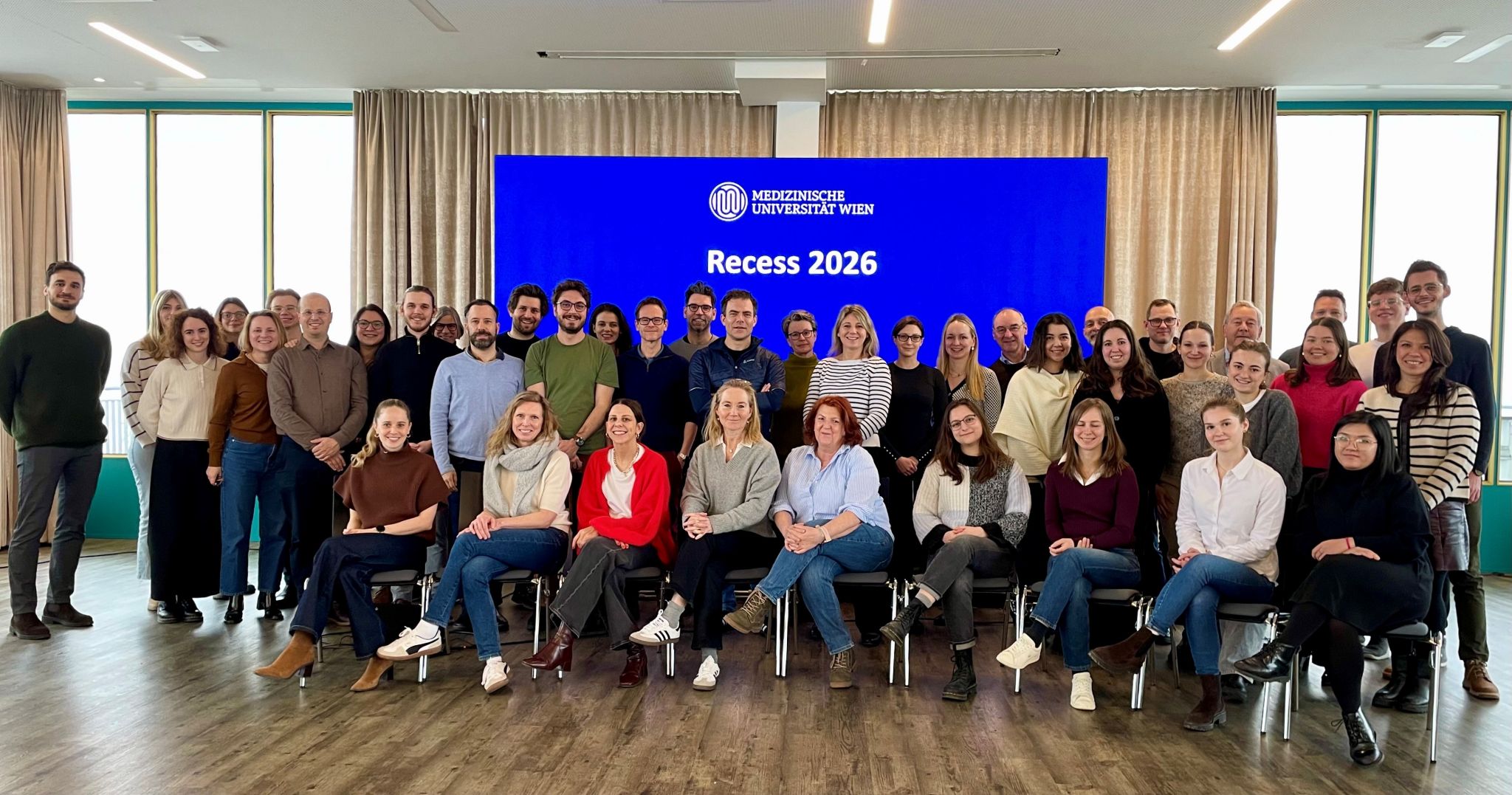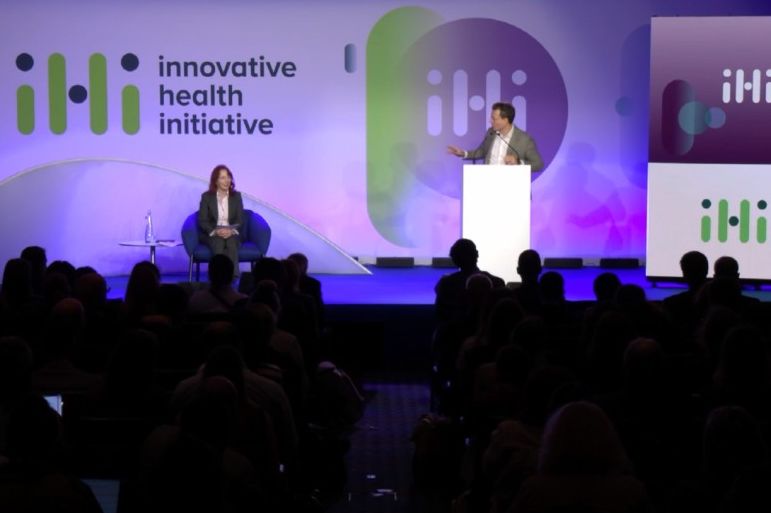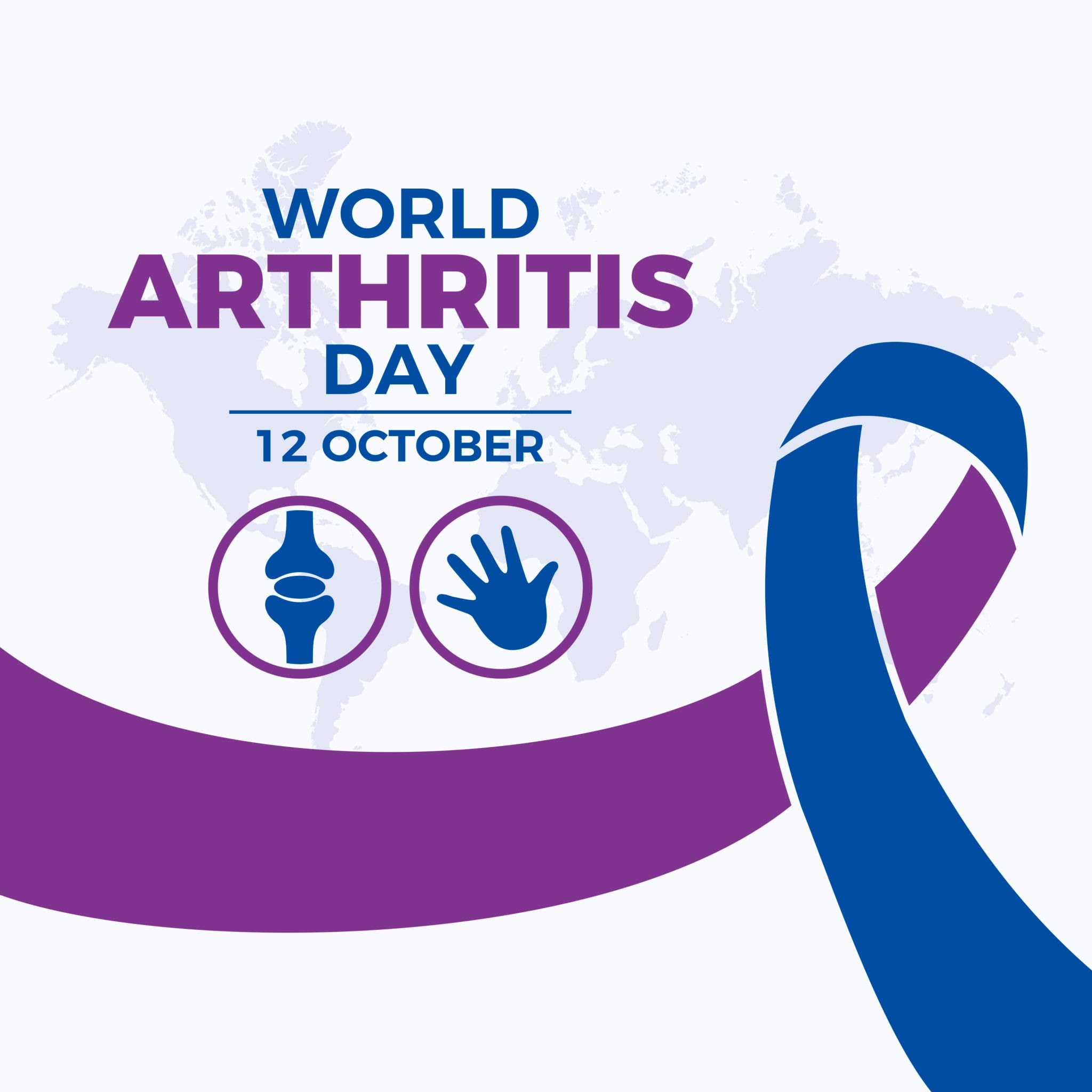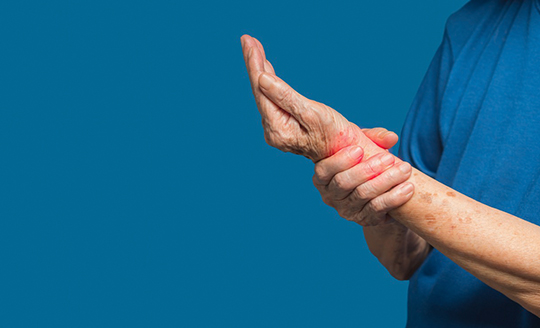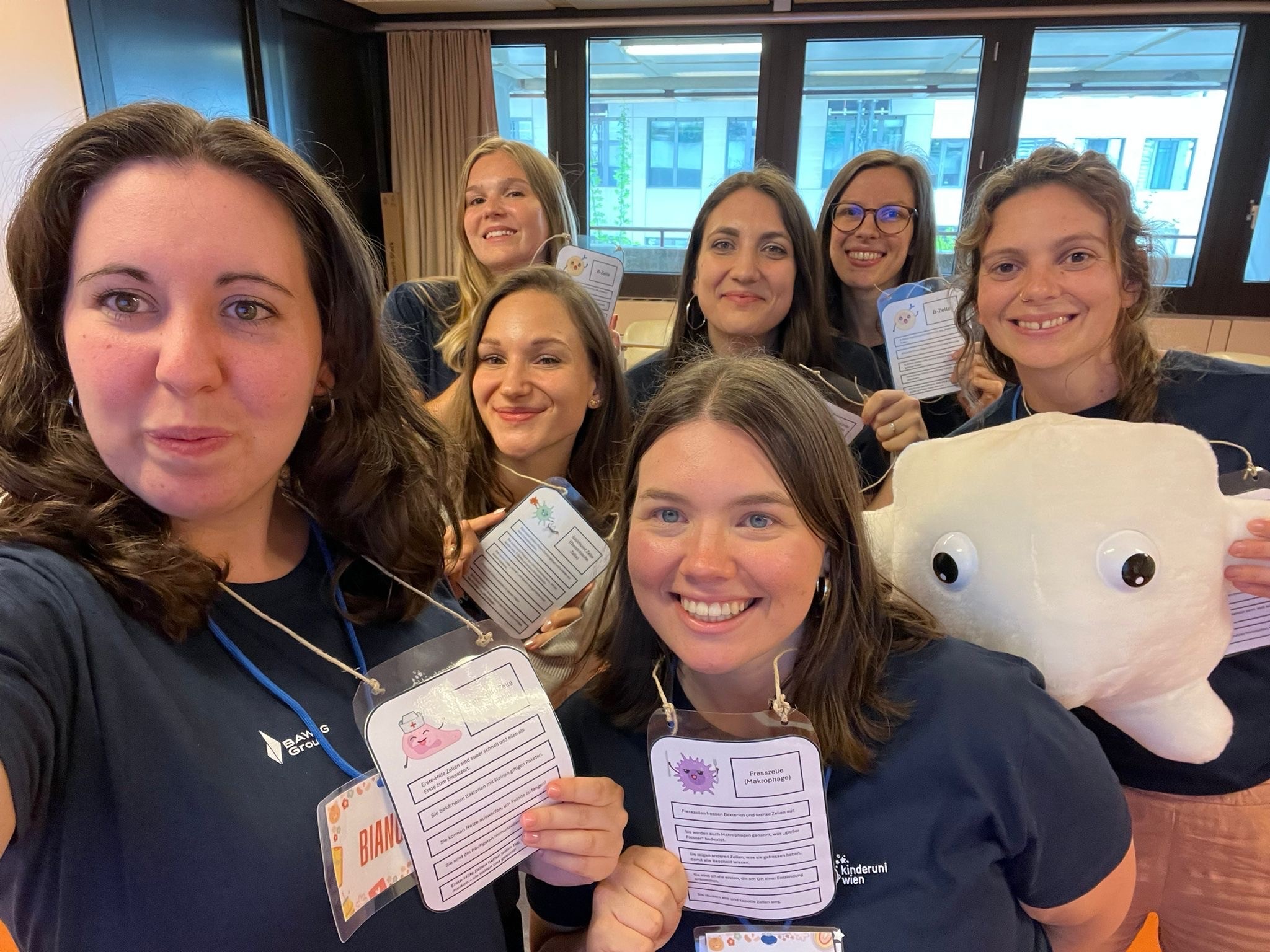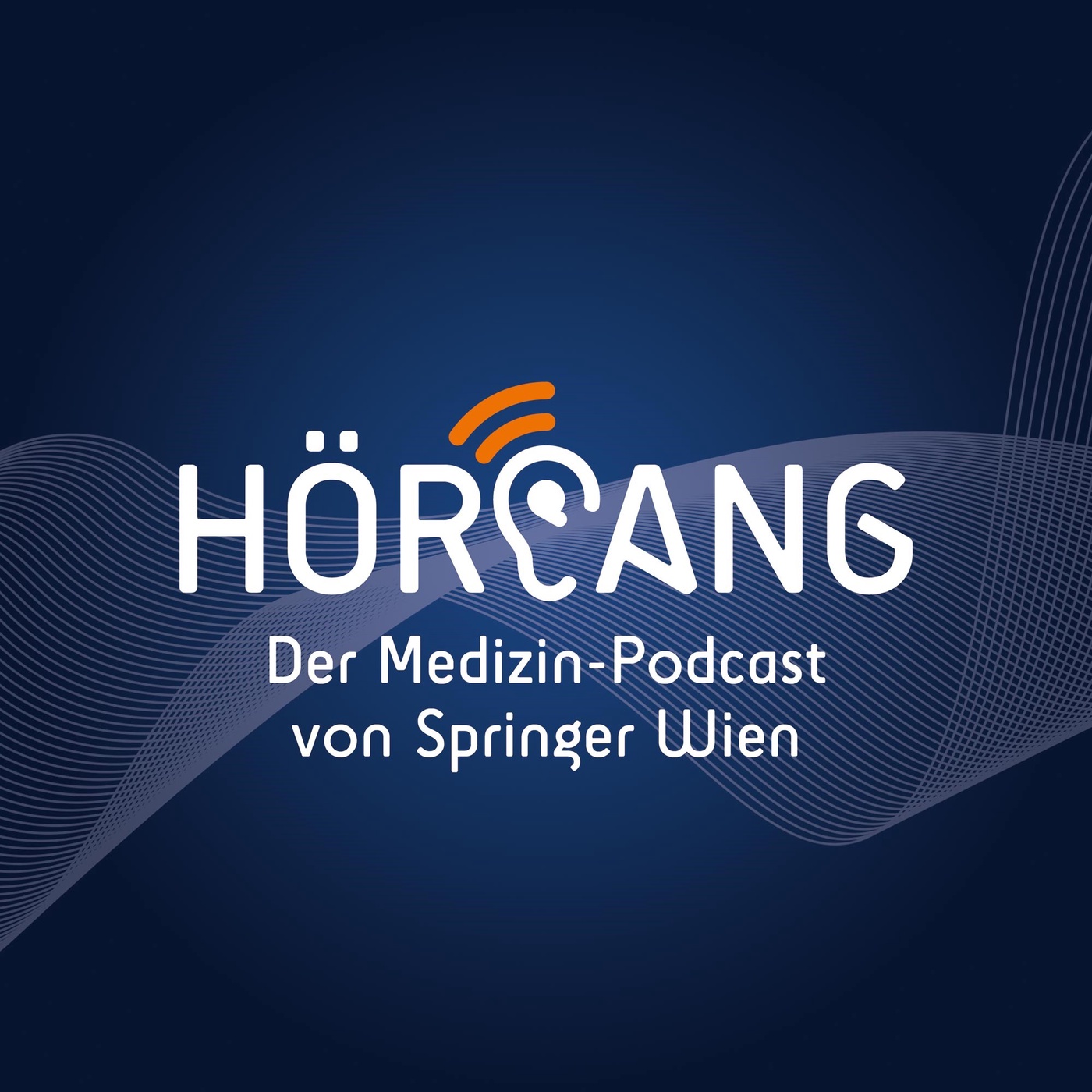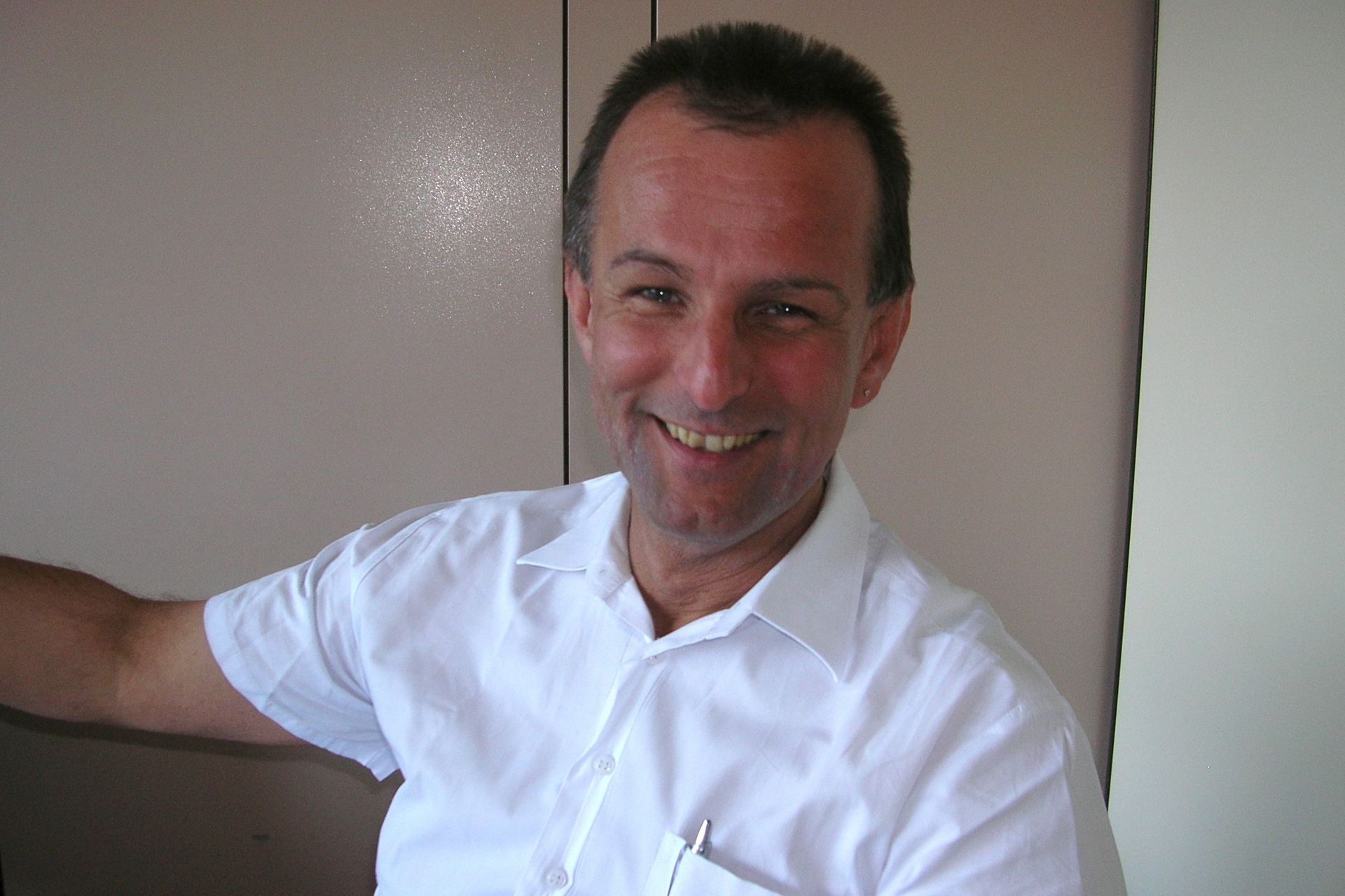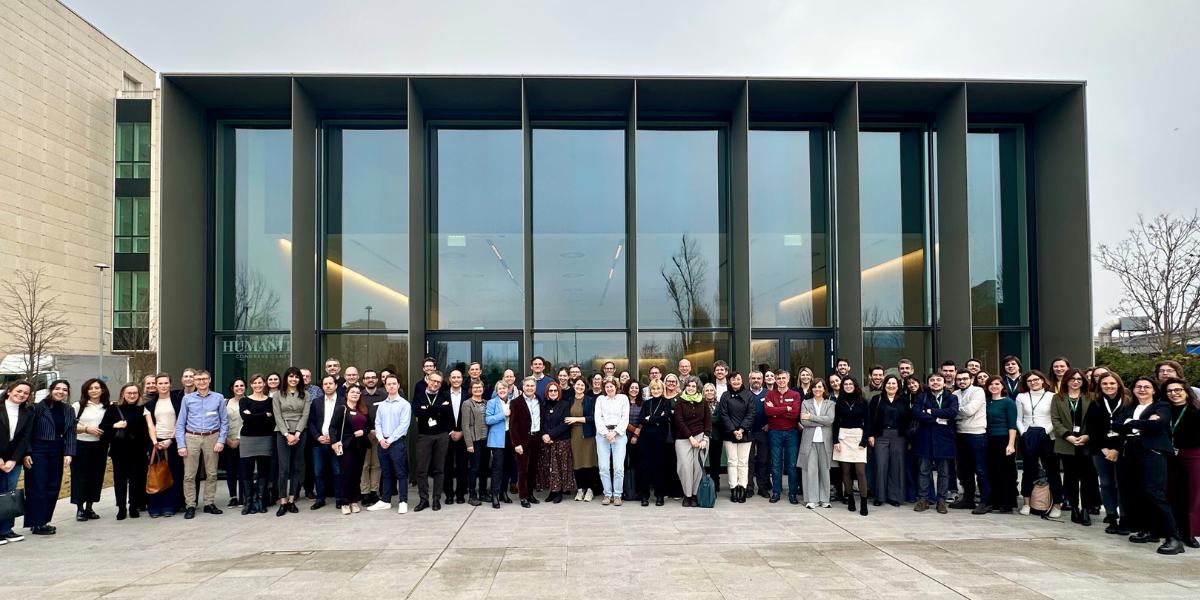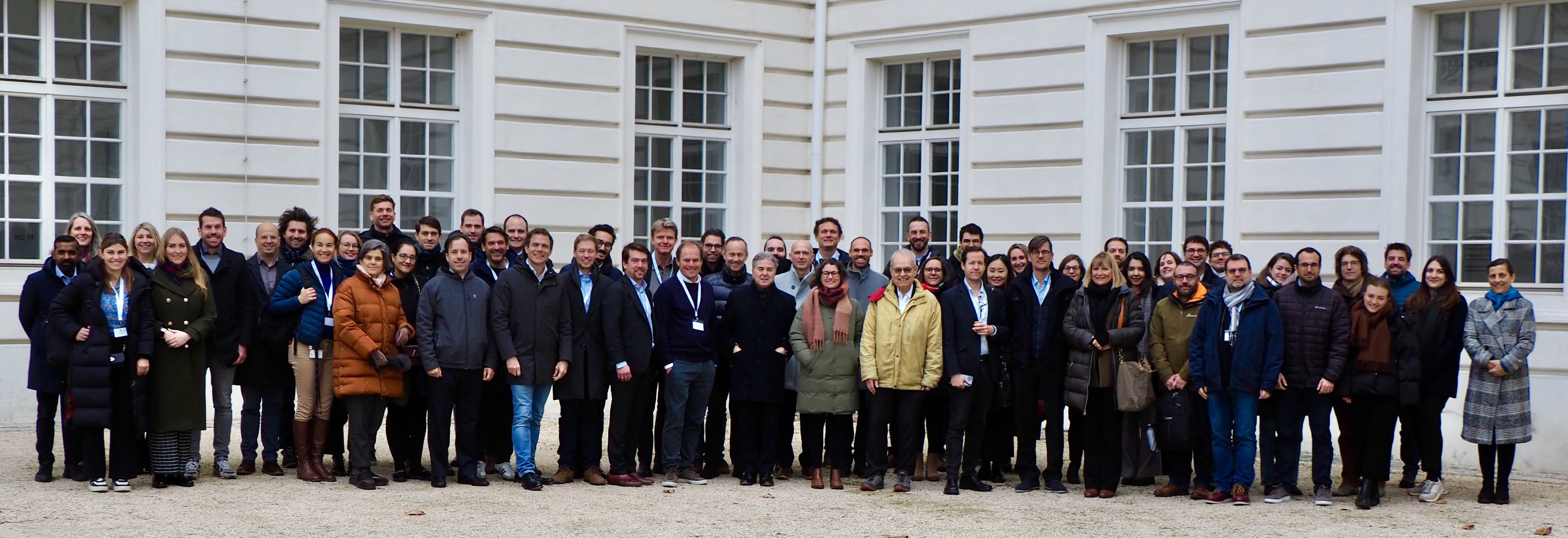13.02.2026 - 30 Years of Academic Rheumatology in Austria – Join Us on 25 February 2026
The Division of Rheumatology at the Medical University of Vienna will celebrate 30 years of academic rheumatology in Austria on 25 February 2026 (from 15:00) at the historic Josephinum (Währinger Straße 25) in Vienna.
Over the past three decades, academic rheumatology in Austria has been driven by the shared commitment to combine scientific excellence with outstanding patient care. From translational research and clinical trials to advances in imaging, digital health, and patient involvement, the field has continuously evolved.
The anniversary program reflects this journey:
- Looking back: Historical perspectives from Prof. Josef Smolen and Prof. Daniel Aletaha, with welcome remarks from the Vice Rector for Research and Innovation of MedUni Vienna Michaela Fritz.
- Interactive engagement: Hands-on stations including capillaroscopy, joint ultrasound, rheumatologic assessment, and insights into clinical trial participation.
- Looking ahead: Talks on patient participation in research, remote monitoring, and the future of imaging, followed by a panel discussion on “The Future of Rheumatology – Between Patient Care and Innovation.”
The event concludes with a poster exhibition, flying dinner, and informal exchange.
We warmly invite colleagues, collaborators, patients, families, and friends to join us.
Date: 25 February 2026
Location: Josephinum, Vienna
Registration & details: https://innere-med-3.meduniwien.ac.at/unsere-abteilungen/rheumatologie/neues-veranstaltungen/30-jahre-universitaere-rheumatologie-in-oesterreich/
We look forward to celebrating this milestone together!
01.02.2026 – General Recess of the Division of Rheumatology
Last month, our Division stepped away from our daily clinical and research routines for our annual General Recess of the Division of Rheumatology at the Medical University of Vienna. For one full day and two half days, we gathered in Horn, Austria, to create space for reflection, exchange, and new ideas.
The aim was clear: to pause, think strategically, and challenge ourselves. Together, we explored emerging research concepts, pitched and critically discussed grant proposals, and worked across units to strengthen operability, coordination, and long-term sustainability within our Division. What made these days particularly valuable was the openness of the discussions and the engagement across all career stages.
From junior researchers to senior faculty, every perspective contributed to a shared goal: ensuring that excellent science is supported by equally strong structures. Because innovation in rheumatology does not happen in isolation, it requires collaboration, trust, and a willingness to continuously improve how we work together. We are grateful to everyone who contributed so thoughtfully and actively.
The ideas developed and the momentum generated in Horn will directly shape our priorities and initiatives in the months ahead. Furthermore, moments like these remind us that progress in patient care and research begins not only in the laboratory or clinic, but also in the conversations where new visions take form.
01.12.2025 - Advancing a Pan-European Clinical Research Ecosystem: Presentation at the IHI Brokerage Event
At this year’s Innovative Health Initiative (IHI) Brokerage Event, our Head of Division Univ. Prof. Daniel Aletaha, presented a forward-looking vision for a pan-European, integrated clinical research ecosystem. His pitch outlined a new Public-Private Partnership (PPP) proposal that aims to restore Europe’s leading role in medical innovation by transforming how clinical trials are conducted across the continent.
Over the past decade, Europe’s share of global clinical trial activity has declined from 22% to 12%, underscoring the urgent need for coordinated action. In his presentation, Prof. Aletaha highlighted how a strong IHI-driven consortium could address this gap by bringing together academia, industry, regulators, and patients.
The initiative focuses on five key priorities:
- Streamlining regulatory processes and governance across Member States to reduce complexity and accelerate study timelines.
- Strengthening clinical trial capacity and training, ensuring that investigators, study nurses, and trial units can operate at the highest international standards.
- Connecting currently fragmented data infrastructures, enabling secure, interoperable, high-quality data sharing for research and care.
- Empowering patient recruitment and engagement, fostering trust, transparency, and inclusive participation in clinical research.
- Building a sustainable European trial network, capable of supporting high-quality academic and industry-sponsored studies.
By aligning stakeholders across sectors and countries, the proposed PPP seeks to deliver faster access to innovation, enhance Europe’s global competitiveness, and ultimately improve health outcomes for patients across Europe.
Watch the full presentation: https://vimeo.com/1134208268/6648f72829#t=1h6m25s
12.10.2025 - World Arthritis Day 2025, Achieve Your Dreams
Every year on October 12, World Arthritis Day unites people across the globe to raise awareness for rheumatic and musculoskeletal diseases.
This year’s theme, “Achieve your dreams – the power of dreams”, reminds us that dreams give strength, direction, and hope, even in the face of chronic illness.
For people living with arthritis, daily life can be challenging. Yet dreams, of walking freely, working again, or enjoying time with loved ones, inspire progress and resilience. They also drive our science: every breakthrough in rheumatology begins with the dream of making life better.
At the Division of Rheumatology, Medical University of Vienna, we believe in turning such dreams into reality through clinical excellence, research, and collaboration. From early diagnosis to innovative therapies and patient-centred care, our mission is to help people live fully and achieve their goals.
On this World Arthritis Day, we celebrate all who keep dreaming, patients, families, clinicians, and scientists alike.
Because the true power of dreams lies in their ability to move us and to move the world forward.
29.09.2025 – Why rheumatic diseases are on the rise
A recent Relatus Pharm article reports on an international study projecting a significant increase in rheumatic diseases over the coming years. The main reason is demographic change: as the population ages, the number of patients will rise, putting additional pressure on healthcare systems. Even today, musculoskeletal disorders account for a considerable share of sick leave in Austria.
Univ.-Prof. Daniel Aletaha, head of our Division, pointed out the urgent need for action: “In Austria, the number of rheumatologists is about half of what is needed. If we do not act now, the gap will become even more apparent in the years ahead.”
The study also highlights opportunities. Investments in prevention, early detection, and research can not only reduce the burden on patients but also avoid substantial economic costs. In particular, early diagnosis and innovative treatment approaches are seen as key to mitigating the projected rise.
For our Division, this underlines the importance of continuing to strengthen our focus on prevention, personalized medicine, and interdisciplinary collaboration – ensuring that we are well prepared to meet the challenges ahead.
You can read the full article here at Relatus Pharm
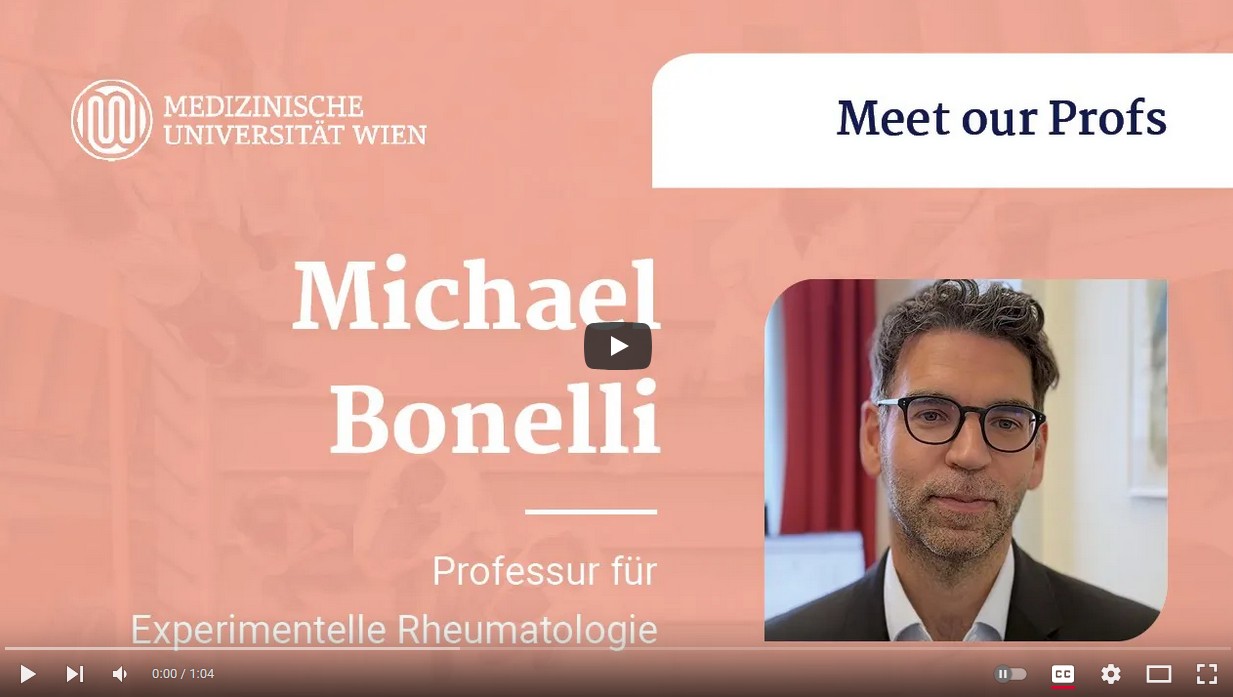
After activation, data will be sent to YouTube. Further information here: Data protection
10.09.2025 – Michael Bonelli appointed Professor of Experimental Rheumatology
We warmly congratulates our Deputy Head Michael Bonelli on his recent appointment as Professor (§99-1) of Experimental Rheumatology at MedUni Vienna, effective from early August.
Experimental Rheumatology bridges fundamental research with clinical application for autoimmune and chronic inflammatory diseases. Professor Bonelli’s work focuses on developing innovative immunotherapies designed to enable patient stratification, early diagnosis, and new therapeutic strategies
He highlights the promise of cellular immunotherapies, including CAR-T cell approaches and regulatory T cell-based methods, as potentially curative treatments that may transform the paradigm of rheumatic disease care.
Prior to his appointment, Prof. Bonelli served as Deputy Head of the Clinical Division of Rheumatology (Department of Medicine III) and led the Basic and Translational Science Unit. His achievements include:
• A research fellowship in the NIH laboratory of John O’Shea, studying epigenetic stability of immune cells during inflammation.
• Founding a research group at MedUni Vienna investigating epigenetic reprogramming of immune cells in autoimmune disease under SFB-HIT-70.
• Principal Investigatorship at the Ludwig Boltzmann Institute for Arthritis and Rehabilitation, focusing on structural immune interactions and developing new therapies for treatment-resistant patients.
• Leading roles in Horizon Europe projects, including “DarkMatter” (microbial peptides in autoimmune pathogenesis) and “SQUEEZE” (optimizing and personalizing rheumatoid arthritis treatments).
Professor Bonelli’s appointment underscores our division’s dedicated efforts to translate cutting-edge, mechanistic research into breakthrough clinical interventions. We look forward to his continued leadership in advancing personalized, immunomodulatory treatments that may fundamentally reshape the future of rheumatologic care.
19.08.2025 - Research Update: Key Publications from our Division from July and August 2025
The Division of Rheumatology at the Medical University of Vienna is pleased to highlight two significant publications from July and August 2025:
- A prospective study investigating the role of FAPI PET/CT imaging in patients with myositis-related interstitial lung disease. The study demonstrated that increased FAPI uptake in the lungs predicts disease progression more accurately than conventional diagnostic methods, allowing for earlier identification of patients at risk. This innovative approach may pave the way toward more personalized management strategies in a patient population with limited treatment options.
Link: https://doi.org/10.1016/j.jaut.2025.103471
Congratulations to Kastriot Kastrati, first author of this work, and all co-authors involved!
- A large-scale analysis examining how global recruitment patterns influence placebo response rates in clinical trials of rheumatoid arthritis. By linking trial data with socioeconomic indicators such as gross national income and health expenditures, the study revealed that recruitment from less affluent regions is associated with higher placebo response rates, while active treatment responses remain stable. These findings carry major implications for the design and interpretation of future international trials, highlighting the importance of accounting for socioeconomic factors in clinical research.
Link: https://doi.org/10.1016/j.ard.2025.07.010
Congratulations to Andreas Kerschbaumer, first author of this study, and all co-authors involved!
Together, these publications illustrate the Division’s commitment to advancing precision medicine and improving clinical trial methodology.
04.08.2025 - Inspiring Future Scientists at KinderUni 2025
The Division of Rheumatology at the Medical University of Vienna was proud to take part in this year’s KinderUni Wien, welcoming Vienna’s youngest and most curious minds to explore the fascinating world of immunology.
Under the theme “Superheld:innen im Körper” ("Superheros in the body"), our team introduced children to the concept of autoimmune diseases, how the immune system can sometimes turn against the body, and how physicians and researchers work to understand and treat these conditions. Through a series of hands-on activities and age-appropriate discussions, children had the opportunity to learn, ask questions, and experience science in action.
We are deeply grateful to our dedicated team: Bianca Luckerbauer, Marie Brinkmann, Jessica Lange, Lisabeth Emilius, Laura Hermann, Teresa Preglej, Melanie Acosta, Caroline Dürrschmid, and Daniela Sieghart, whose enthusiasm, creativity, and commitment made the event such a success. Their efforts not only brought complex scientific topics to life but also helped ignite a passion for discovery in the next generation.
To learn more about this year’s program, please visit the official KinderUni page: https://kinderuni-anmeldung.at/event.php?event_id=5964
14.07.2025 - Summer Research Update: Key Publications from our Division from May and June 2025
The Division of Rheumatology at the Medical University of Vienna is pleased to highlight several significant publications from May and June 2025, showcasing the continued excellence and innovation of our research teams:
- A retrospective observational study examining the use of immunoadsorption in patients with idiopathic inflammatory myopathies who are refractory to standard therapies. The findings suggest that immunoadsorption is not only well tolerated but also associated with meaningful clinical improvement, providing a strong rationale for future prospective studies. This work contributes to expanding the therapeutic landscape for a challenging patient population.
Link: https://doi.org/10.1093/rheumatology/keaf289
Congratulations to Kastriot Kastrati, firth author of this work, and all co-authors involved!
- A prospective study assessing the validity and feasibility of the COTIDIANA smartphone application for the collection of patient-reported outcomes. The study demonstrated that the app is a reliable tool for capturing real-time patient data, supporting its use in both clinical practice and research settings. By integrating digital health technologies into routine rheumatology care, this work represents an important step toward more patient-centered disease monitoring.
Link: https://doi.org/10.1136/rmdopen-2025-005730
Congratulations to Nasim Nakhost-Lotfi, first author of this work, and all co-authors involved!
- A study investigating the transmission of passive immunity in neonates born to mothers with systemic rheumatic diseases. The study offers new insights into maternal–fetal immune dynamics and highlights key considerations for neonatal care in this specific clinical context. These findings may inform future recommendations for monitoring and managing immune protection in newborns.
Link: https://doi.org/10.1016/j.jaut.2025.103439
Congratulations to Antonia Mazzucato-Puchner, first author of this study, and all co-authors involved!
- An in-depth analysis of global clinical trial data assessing how socioeconomic recruitment patterns influence placebo response rates in studies of psoriatic arthritis and plaque psoriasis. The study found that recruitment from countries with lower economic indicators is associated with significantly higher placebo response rates, which can dilute perceived treatment efficacy. These findings have critical implications for the design, interpretation, and geographical conduct of future international clinical trials.
Link: https://doi.org/10.1002/art.43302
Congratulations to Andreas Kerschbaumer, first author of this study, and all co-authors involved!
Together, these four publications exemplify the Division’s leadership in translational research, digital health innovation, maternal and neonatal immunology, and clinical trial methodology.
27.06.2025 - Podcast Interview: Prof. Daniel Aletaha on the Future of Rheumatology
In the latest episode of the Springer Medizin podcast “Hörgang”, Univ.-Prof. Dr. Daniel Aletaha, Head of the Division of Rheumatology at the Medical University of Vienna, shares insights from his term as President of the European Alliance of Associations for Rheumatology (EULAR) and discusses future directions in the field.
During the conversation with medical journalist Volkmar Weilguni, Prof. Aletaha reflects on key initiatives he helped shape on the European level — such as the EULAR Equity Fund and the MyEULAR platform — which aim to strengthen rheumatology care, training, and research, particularly in underserved regions.
Topics covered in the episode include:
- Empowering patients through digital tools like PREFERRIX
- The use of artificial intelligence (AI) in imaging and treatment optimization
- The importance of including patient organizations in medical decision-making
- Austria’s international contributions to rheumatology
- Emerging developments in microbiome research, environmental factors, and pregnancy in rheumatic diseases
The podcast offers a comprehensive view of a rapidly evolving field — with a strong international dimension and significant Austrian engagement.
Listen to the episode (in German): To the podcast
13.06.2025 - Barcelona/Wien: Highlights of the EULAR 2025 conference
We would like to share key highlights from the ongoing EULAR 2025 Congress, currently taking place in Barcelona and drawing over 14,000 participants from around the world. This year’s congress marks not only scientific and institutional advancements but also a moment of special recognition for our division.
Prof. Daniel Aletaha Concludes His EULAR Presidency
EULAR 2025 marks the final congress led by Prof. Daniel Aletaha, our Head of Division here at the Medical University of Vienna, who will officially conclude his term as President of EULAR at the close of the conference. Under his leadership, EULAR has expanded its reach and visibility, prioritized the accessibility of evidence-based knowledge, and strengthened collaborations across disciplines. He will pass the presidency on to Prof. Xenofon Baraliakos.
Renewed Recognition: Centre of Excellence Status for 2025–2030
We are also delighted to announce that our division has once again been awarded the prestigious title of EULAR Centre of Excellence for the period 2025–2030, following our initial designation for 2020–2025. This renewed distinction recognizes our continued excellence in rheumatologic research, education, and clinical care, and affirms our leading role within the international academic rheumatology community.
Fighting Misinformation: EULAR Launches “My EULAR” Platform
In an era of increasing medical misinformation, EULAR introduced the new “My EULAR” platform during the opening ceremony. This initiative provides reliable, science-based information on rheumatic and musculoskeletal diseases for patients, healthcare professionals, and the public. By promoting transparency and credibility, “My EULAR” is a powerful tool in combating fake news and improving health literacy across Europe.
Expanding Access to Knowledge: New EULAR Journal
Also launched earlier this year and spotlighted at the congress is EULAR Rheumatology Open, a new open-access, peer-reviewed journal offering high-quality scientific content and lay summaries of recommendations to foster inclusivity and accessibility. The journal represents a significant step in EULAR’s strategy to make rheumatology research openly available to a broader audience.
A Successful Congress
With over 14,000 attendees, the congress continues to be the leading platform for cutting-edge science, collaborative exchange, and setting the future direction of the field.
For our Division of Rheumatology, EULAR 2025 is a moment of reflection, recognition, and renewed momentum—as we celebrate leadership transitions, international distinction, and a deepened commitment to excellence in rheumatologic care and research.

After activation, data will be sent to YouTube. Further information here: Data protection
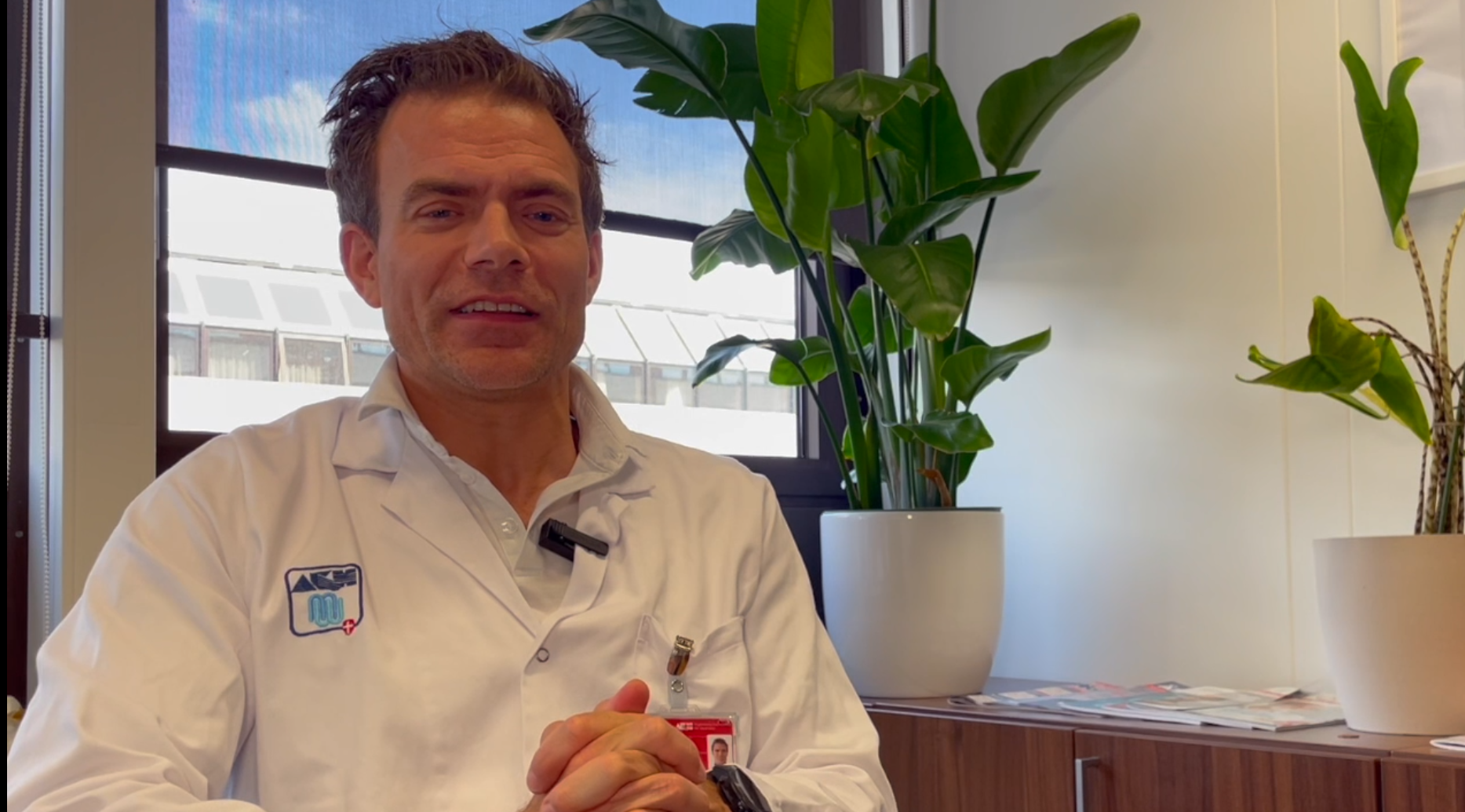
After activation, data will be sent to YouTube. Further information here: Data protection
03.06.2025 - EULAR 2025 Is Just Around the Corner – Here’s What to Expect!
As we count down to the highly anticipated EULAR 2025 Congress, we’re thrilled to share a special preview with none other than Prof. Daniel Aletaha, Head of our Division of Rheumatology and current President of EULAR.
In a two-part video interview series, Daniel shares why EULAR 2025 promises to be an especially exciting edition. He also spotlights two groundbreaking EU-funded research projects - Squeeze and AutoPiX - which are coordinated by our division and will be featured at the congress.
Watch the interviews here:
- Part 1: What to expect at EULAR 2025
- Part 2: EU projects SQUEEZE & AutoPiX – reshaping the future of rheumatology
In the second video, Daniel dives deeper into the innovative science behind these two ambitious projects and emphasizes how patient involvement is central to both initiatives. By actively engaging patients in the research process, we’re ensuring that their insights and experiences help shape the future of rheumatology care and innovation.
14.05.2025 - New Insights on Janus Kinase Inhibitors (JAKi) in Immune-Mediated Inflammatory Diseases
Two comprehensive Systematic Reviews Published in Annals of the Rheumatic Diseases
The treatment landscape of immune-mediated inflammatory diseases (IMIDs) has evolved significantly with the advent of Janus kinase inhibitors (JAKi). To provide a clearer and evidence-based perspective on the efficacy and safety of these agents, two extensive systematic literature reviews first-authored by Victoria Konzett, a junior rheumatologist from our division, have been published in the Annals of the Rheumatic Diseases (2025). These reviews formed the scientific backbone for the 2024 update of the international expert consensus statement on the use of JAK inhibitors in IMIDs.
17.03.2025 - Our department mourns the loss of Klaus Machold
It is with deep sadness that we bid farewell to Klaus Machold, an extraordinary person, an outstanding doctor, mentor, colleague and friend. His tireless commitment, his passion for rheumatology and his profound expertise have inspired and shaped several generations of doctors.
29.01.2025 - Our Division is part of a European project on multi-drug resistant rheumatoid arthritis
The MDR-RA (Multi-Drug Resistance in Rheumatoid Arthritis) project has officially started: it’s an international research initiative, with a total budget of €8.4 million, funded by the European Union under the Horizon Europe program and the Swiss State Secretariat for Education, Research, and Innovation. The project, which is coordinated by Humanitas University, involves 23 partners from 12 European countries. In addition to MedUni Vienna, other renowned academic institutions, leading companies, healthcare organisations and patient associations are involved.
09.12.2024 - We are coordinating a new European IHI project to advance imaging in arthritis: AutoPiX!
Our division is coordinating AutoPiX, a new project involving European research partners, pharmaceutical companies, small and medium-sized enterprises (SMEs), and patient organisations, under the Innovative Health Initiative (IHI) public-private partnership to improve the diagnosis, treatment decisions, and monitoring of major rheumatic diseases. This newly launched IHI AutoPiX project will leverage AI to make clinical imaging more interpretable to scientists, clinicians, and patients.
To enhance imaging biomarkers for patients with rheumatoid arthritis, psoriatic arthritis, and axial spondyloarthritis, the IHI-funded AutoPiX project brings together world-class pharmaceutical and medical technology partners with leading academic institutions.

